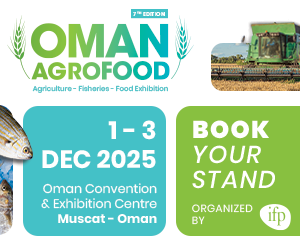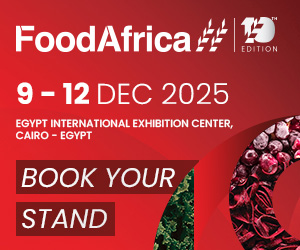Africa’s path to prosperity is closely linked to how it manages and modernizes its agricultural food systems, according to Rwanda’s State Minister for Agriculture and Animal Resources, Eric Rwigamba. He made the remarks during the closing ceremony of the International Dairy Federation (IDF) Regional Dairy Conference Africa 2025, held in Kigali under the theme “Sustainable Dairy for Prosperous Africa.”
Addressing delegates on June 1—World Milk Day, Rwigamba emphasized the central role of milk in nutrition, economic development, and sustainable food systems. “Sustainability in the dairy sector is not a luxury but a necessity,” he said. “It’s vital not only for environmental protection but also for advancing economic transformation, public health, and social inclusion.”
He highlighted Rwanda’s progress through targeted investments, coordinated policies, and innovation in dairy production. Initiatives such as One Cow per Family, national milk hygiene campaigns, and strong public-private partnerships have contributed to tripling the country’s milk production—from 334,727 tonnes in 2010 to over one million tonnes in 2024. Per capita milk consumption also doubled to nearly 80 litres.
Despite these achievements, Rwigamba noted that “no single country can transform the sector alone,” calling for greater regional cooperation in Africa’s dairy transformation.
Representing Dr. Huyam Salih, Director of the African Union Inter-African Bureau for Animal Resources (AU-IBAR), Sarah Ossiya echoed the minister’s message. She urged African countries to take ownership of the sector, calling it a “multi-billion-dollar opportunity” that can drive nutrition, employment, incomes, economic growth, and climate resilience.
“Success means affordable, high-quality dairy for all—not just for those with purchasing power,” she stressed, advocating for investments through public-private partnerships. She encouraged Rwanda to take a leading role in realizing this continental vision.
Cynthia Mulindi, speaking on behalf of the conference rapporteurs, outlined a roadmap for sector transformation. She emphasized the importance of:
Implementing structured feed and fodder systems
Leveraging digital tools for real-time support to farmers
Promoting climate-adapted, disease-resistant cattle breeds
Introducing quality-based milk payment systems
Expanding training in animal health and husbandry
Providing low-interest financial products tailored to farmers’ needs
She also called for African Union efforts to prevent milk dumping and align dairy policy with the Malabo Declaration, particularly to support school milk programmes and nutrition-focused dairy value chains.
“We must harness the power of dairy to combat malnutrition and build resilient food systems,” Mulindi concluded. “Through strategic partnerships and technology, we can amplify the sector’s long-term impact.”
The conference concluded with a call for African parliaments to align legislation and budgets with dairy sector goals, and to invest in inclusive value chains that expand access to safe, affordable dairy—especially for children—and strengthen the continent’s food systems.
Source: newtimes.co.rw














































































